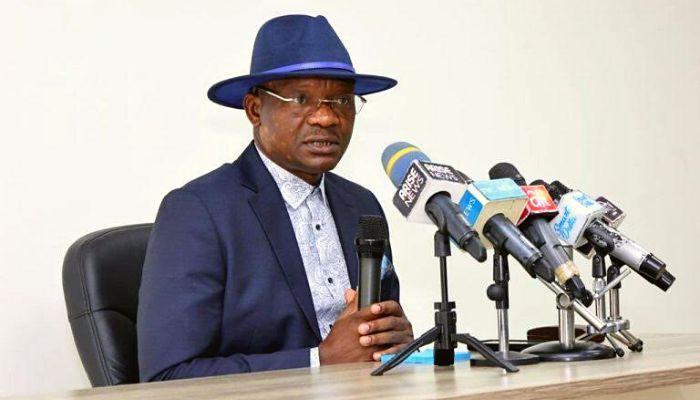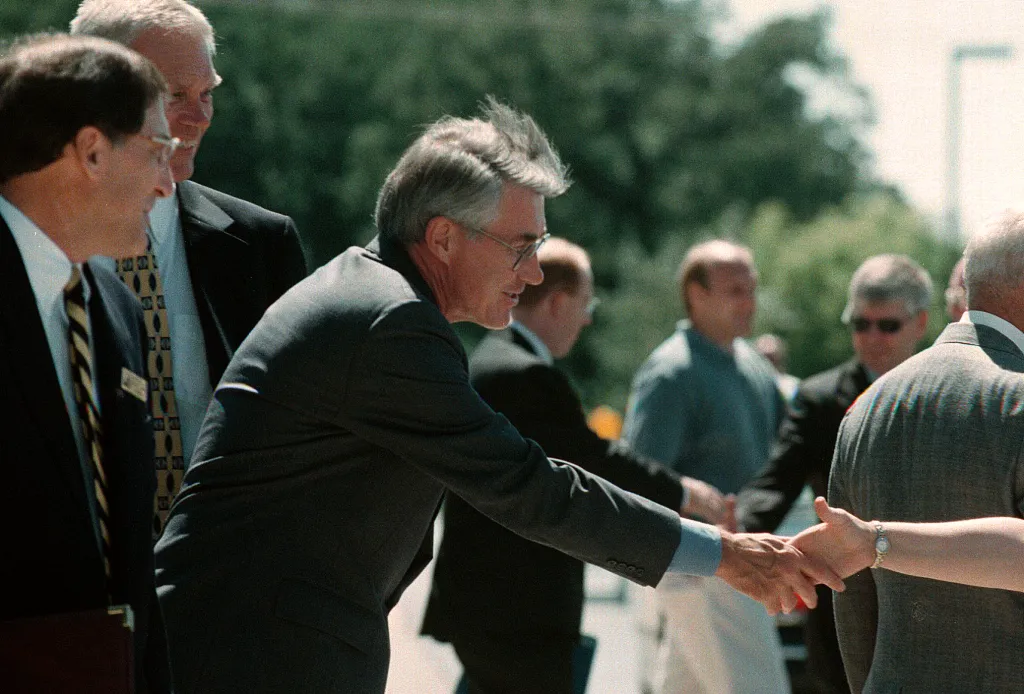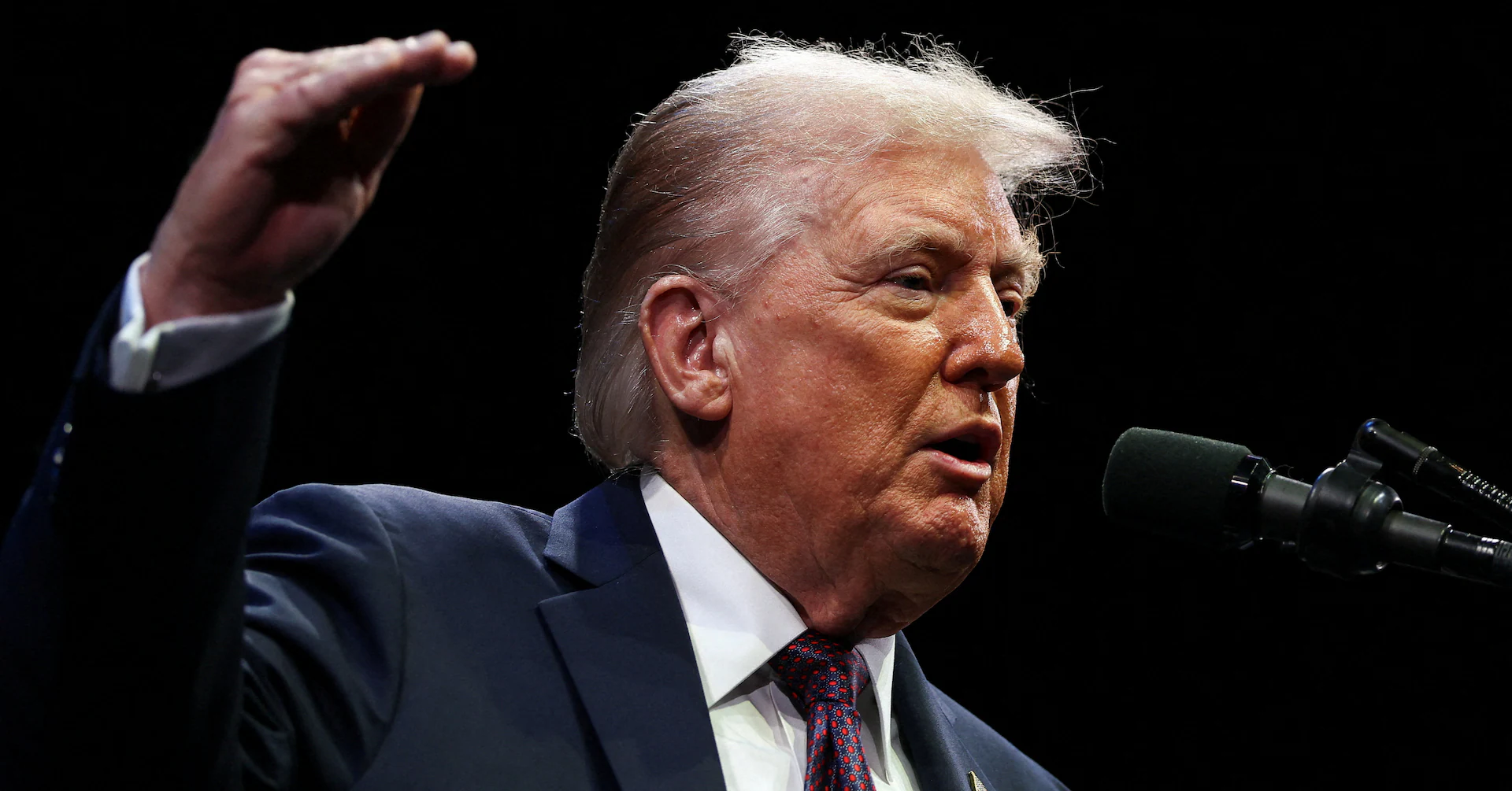By Francis Sadhere
Copyright businessday

The Delta State Government says its ongoing needs assessment of public schools is designed to correct long-standing imbalances in teacher deployment, infrastructure, and learning resources to ensure equitable distribution across the state.
Briefing journalists in Asaba on Tuesday, the Commissioner for Works (Rural Roads) and Public Information, Mr Charles Aniagwu, said Governor Sheriff Oborevwori directed the exercise to end years of misuse and uneven allocation of resources in the education sector.
Aniagwu noted that past interventions in schools were largely superficial, with contractors focusing on repainting and reroofing buildings while ignoring more pressing challenges.
“The new approach will identify where government intervention is most urgent, whether in classrooms, furniture, or qualified teachers,” he said. “We are not in the business of fixing buildings for the sake of it. If a school has more classrooms than students require, we will prioritise another school where facilities are urgently needed.”
He emphasised that the exercise is guided by teacher-student ratios and actual needs, rather than “political showmanship.”
The commissioner also decried staffing imbalances, explaining that while some urban schools have surplus English or mathematics teachers, rural schools are left without.
He warned against the refusal of teachers to accept transfers to rural communities, stressing that every teacher must be willing to serve wherever they are needed.
“Nobody is condemned to a particular school. We cannot allow rural communities to suffer shortages while some teachers in urban centres remain idle,” Aniagwu said.
He reaffirmed that all future government interventions in education—whether in infrastructure, teacher deployment, or furniture supply—would be strictly based on the outcome of the assessment.



